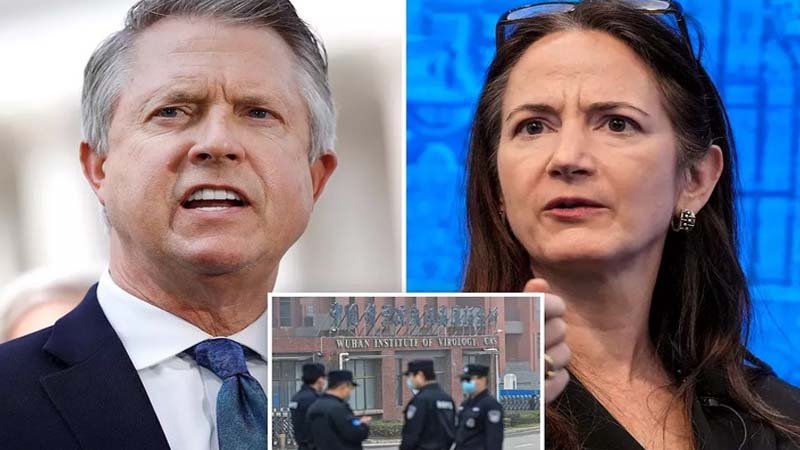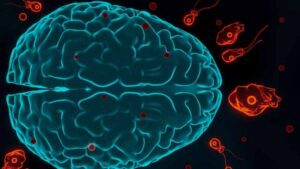
US News,China,Coronavirus
In a recent development regarding the investigation into the origins of COVID-19, whistleblower documents obtained by New York Post suggest that key grant documents linked to the creation of the virus may have been concealed or wrongly classified by the U.S. Defense Department. This alleged mishandling may have compromised the U.S. intelligence community’s inquiry, resulting in what the whistleblower describes as a “flawed” probe. The documents point to possible conflicts of interest and raise concerns about the integrity of the investigative process conducted by U.S. intelligence agencies.
Senator Roger Marshall, who obtained the documents, has expressed serious concerns, calling on authorities to examine the federal government’s analysis of COVID-19’s origins. In a letter addressing the matter, Marshall stated, “If true, this signals an alarming breach of integrity in the investigative process.” His request emphasizes the urgency for a review of the federal government’s COVID-19 origin analytical process and findings.
The report of Headtopic, focuses on a research grant titled “Defusing the Threat of Bat-borne Coronaviruses,” which involved University of North Carolina researcher Dr. Ralph Baric and a collaborator from the Wuhan Institute of Virology.
According to Marshall, Dr. Baric may have also been one of the private-sector scientists consulted during the Office of the Director of National Intelligence’s (ODNI) COVID-19 probe. This consulting role could have presented an obvious conflict of interest, as Baric is part of the ODNI’s Biological Sciences Experts Group. His prior admission of involvement in such capacities brings scrutiny to the integrity and transparency of the COVID-19 origin inquiry.
Adding to the complexity, a report from the Department of Defense’s Office of Inspector General explained that the “storage, handling, and marking of the documents in question” adhered to DARPA and DoD protocols at the time the files were created. However, the whistleblower suggests that despite compliance with standard procedures, the document classification may still have restricted full transparency.
The implications of this possible oversight are significant. Critics argue that if these documents were concealed or classified incorrectly, it could have led investigators down an inaccurate path, thereby obscuring crucial details about COVID-19’s origins. The whistleblower and supporters urge an independent review to address these potential conflicts of interest and restore confidence in the findings related to the virus’s origins.
This whistleblower revelation, coupled with recent calls for accountability, has intensified the debate surrounding COVID-19’s origins. As new information surfaces, officials, researchers, and the public alike await further investigation outcomes to understand the scope and impact of these claims.


